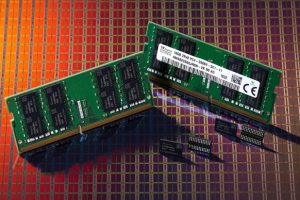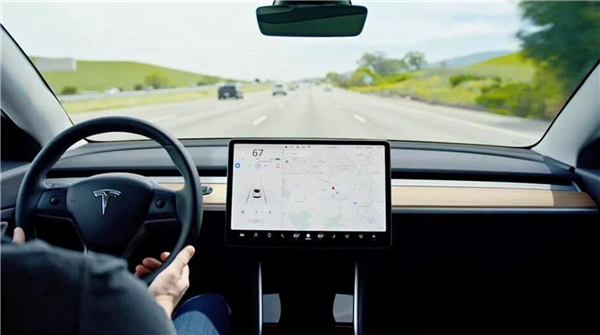June 12, 2025 – The luxury automotive sector is witnessing a significant shift towards touchscreen-centric interiors, with many manufacturers opting to eliminate physical buttons. Mercedes-Benz pioneered this trend several years ago with its sleek MBUX cockpit, featuring a seamless, expansive display stretching across the dashboard. Despite facing criticism from a segment of consumers, this design philosophy continues to gain momentum.
However, not all automakers are jumping on the touchscreen bandwagon. Rolls-Royce, for instance, maintained its commitment to traditional controls in its 2023 all-electric Spectre model. The vehicle retains physical switches and buttons on the center console, a move that aligns with the preferences of its discerning clientele. In an interview with ABC News, Jon Colbeth, President of Rolls-Royce North America, explained the brand’s rationale for resisting the trend. “Our customers appreciate the tactile feedback of turning a knob and the visual cues, like condensation on air vents,” he said. “While we embrace technological advancements, an overemphasis on futuristic designs, particularly oversized screens, can detract from the overall user experience. We’re not rushing to join this particular trend.”

Bugatti shares a similar stance, as reported by CarBuzz today. The 2024 Tourbillon model features minimal visible screens, with a dashboard reminiscent of a Swiss watch mounted on the steering column and a discreet, retractable screen that only appears when needed. Bugatti has been vocal in its criticism of the digital cockpit and large-screen trend, predicting that it will eventually be seen as outdated.
The preference for physical controls isn’t confined to luxury brands alone. Hyundai has consistently retained physical control devices in its vehicles, while Volkswagen is gradually phasing out haptic feedback controllers in favor of traditional switches. Research institutions, including J.D. Power, have noted a decline in user satisfaction following the removal of physical buttons. Moreover, there are safety concerns, as drivers may become distracted when they need to look at a screen to operate vehicle functions.
Adding to the debate, the European New Car Assessment Programme (Euro NCAP) has announced that starting from 2026, it will penalize models that rely heavily on touchscreens for critical functions, further underscoring the importance of balancing technological innovation with user safety and satisfaction.












